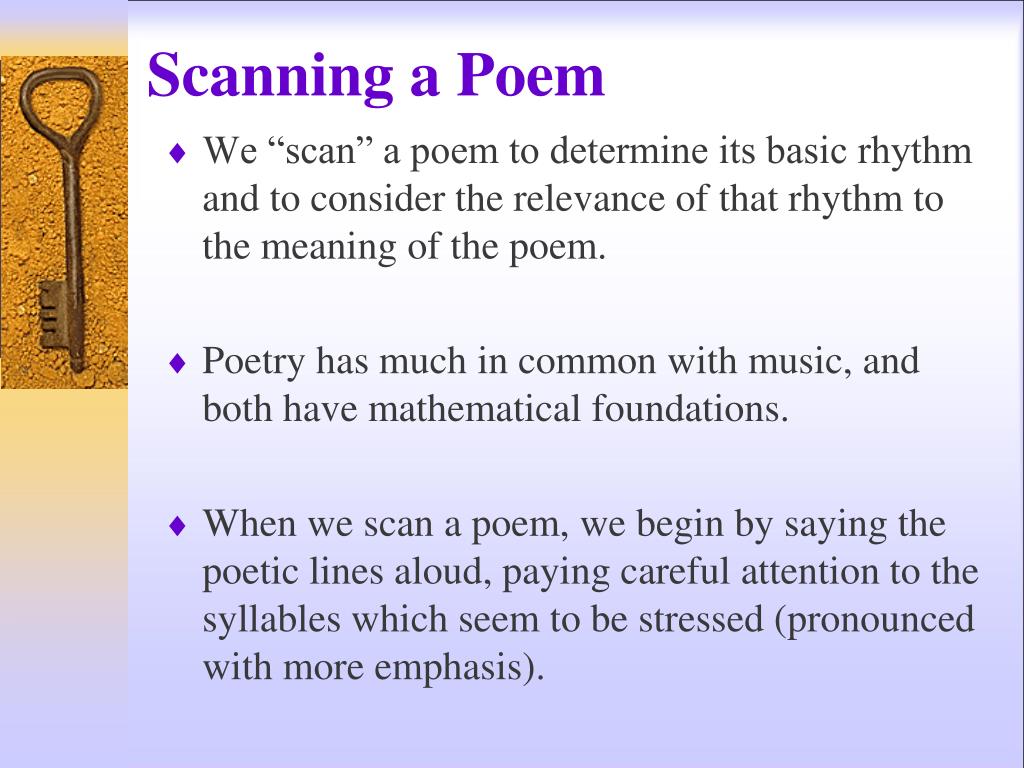
His more famous satires, such as the long poem in response to Peterloo, The Mask of Anarchy, are satirical only to a point, but this poem addresses the topic of satire more directly.

Romantic poets are less known for their satirical poetry than their Augustan forebears, but in poems like this, Percy Shelley (1792-1822) shows us that satire didn’t entirely die out during the age of Romanticism. Hunts through the world the homeless steps of Error, While the meek blest sit smiling if DespairĪnd Hate, the rapid bloodhounds with which Terror Seen through the caverns of the shadowy grave, Of shame, of fiery Hell’s tempestuous wave, Percy Shelley, ‘ Fragment of a Satire on Satire’.Īnd racks of subtle torture, if the pains Follow the above link to read the first book from this longer work.Ħ. Pope (1688-1744) directs his satirical ire against the royal court and the hangers-on and mediocre writers who curry favour there, such as Colley Cibber, who was the subject of a long feud with Pope. As the title implies, the poem is mock-heroic, its title playing on epic poems of antiquity like The Iliad or The Aeneid. London, UK: T & T Clark, 2005.Arguably Pope’s masterpiece, The Dunciad is his long satire against ‘dullness’ among eighteenth-century literature and society. Classical Hebrew Poetry: A Guide to Its Techniques. Minneapolis, Minn.: Fortress Press, 1992. Petersen, David L., and Kent Harold Richards. Word-Order Variation in Biblical Hebrew Poetry: Differentiating Pragmatics and Poetics. Baltimore, Md.: Johns Hopkins University Press, 1998. The Idea of Biblical Poetry: Parallelism and Its History. Louisville, Ky.: Westminster John Knox, 2001. Reading Biblical Poetry: An Introductory Guide. Bloomington, Ind.: Indiana University Press, 1985.įokkelman, J. New York, N.Y.: Basic Books, 1985.īerlin, Adele. Roma: Editrice pontificio Istituto biblico, 1988.Īlter, Robert.

#DEFINE SCANSION IN POETRY PDF#
A PDF of these titles is available below.Īlonso Schökel, Luis. The following publications represent significant works on Hebrew poetry. It may be helpful to try to summarize the meaning of the entire bicolon as a single statement. Although, you should exercise caution when drawing inferences from the text such as these. Conversely, we could say that those who wait for the LORD are not evildoers. So, it could rightly be said that evildoers do not wait for the LORD. Since the parallelism is making an explicit contrast between the two subjects, it is appropriate to draw some conclusion about their differences. In the same manner, the phrases "will be cut off" and they will inherit the land" are set in parallel to each other in order to express the opposing outcomes of the two subjects.

I n this example, "evildoers" and "those who wait for the LORD" are parallel terms, although they express opposite subjects. The cola provide a contrast between God's treatment of "evildoers" and "those who wait for the LORD." Here is the same bicolon, arranged according to its parallelism:īut those who wait for the LORD they will inherit the land This is a fairly straightforward case of antithetical parallelism. It is possible to view that the second colon makes a small emphasis on the final phrase ("those who dwell in it"), drawing our attention to God's sovereignty over all humanity.īut those who wait for the LORD, they will inherit the land. Since this bicolon is an example of synonymous parallelism, it would probably be a mistake to interpret the parallel terms/phrases as though they were communicating distinctly different ideas. The phrase, "is the LORD's" is not repeated in the second colon, but its meaning is obviously implied (this is referred to as an "ellipsis"). In the same manner, the phrases "and all it contains" and "those who dwell in it" are likewise set in parallel to each other. I n this example, "earth" and "world" are parallel terms. The earth is the LORD's and all it contains Here is the same bicolon arranged according to its parallelism: Both cola are essentially saying the same thing: everything belongs to God. This is a fairly straightforward case of synonymous parallelism. The earth is the LORD's, and all it contains,


 0 kommentar(er)
0 kommentar(er)
